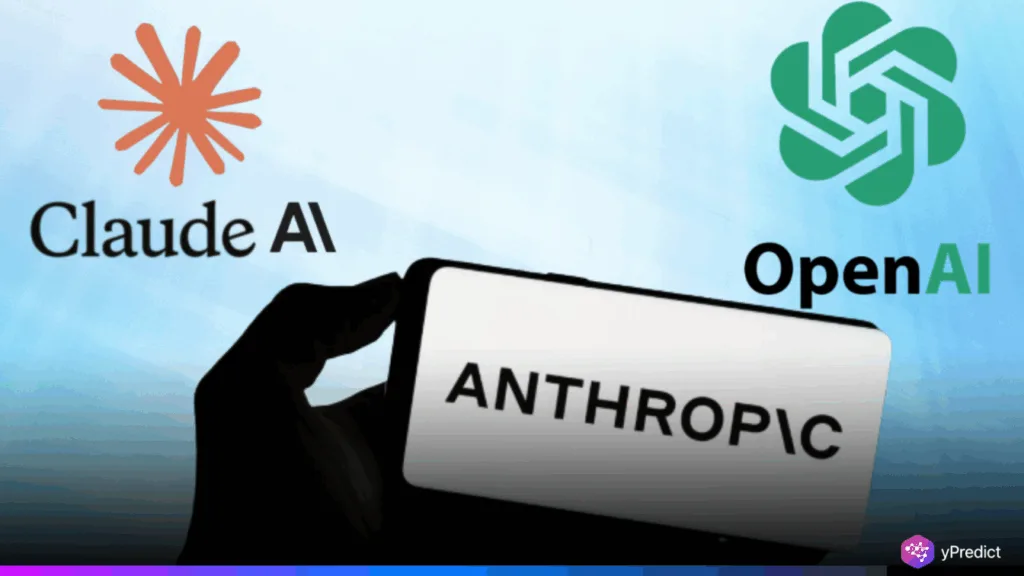
Anthropic has revoked OpenAI’s access to the Claude API after discovering potential misuse tied to GPT-5 development. Server logs from July 29, 2025, revealed sustained traffic originating from OpenAI, raising concerns about reverse-engineering attempts. The move violates Anthropic’s “no competitor training” policy, which prohibits using Claude outputs for the development of competing models. Moreover, this tension highlights the growing tension between AI leaders over proprietary tools and data. The more proprietary API access becomes, the greater the questions of where we are headed around collaborating and benchmarking in AI, often diminishing progress while multiplying biases and blindness in models.
OpenAI Allegedly Violated Terms by Testing Claude to Improve GPT-5
According to sources close to Anthropic, OpenAI engineers were using Claude to evaluate performance on tasks like coding, creative writing, and safety testing. These interactions were allegedly not casual tests but part of systematic comparisons against OpenAI’s models as they finalized GPT-5. This violates Anthropic’s commercial terms, which forbid reverse engineering or using Claude to train competing systems.
Anthropic acted swiftly. On August 1, 2025, it revoked OpenAI’s API access and announced new rate limits to Claude Code, citing both overload and policy abuse. OpenAI had been granted developer access for internal tools, but Anthropic’s audit flagged the activity as crossing ethical and legal lines. Anthropic did clarify that limited benchmarking access might still be permitted for safety comparisons, but not for feature engineering or competitive tuning.
Restrictive API Practices May Hinder AI Progress and Model Reliability
Anthropic’s move mirrors other tech power plays. Facebook blocked Vine’s access to friend graphs in 2013. Salesforce throttled Slack’s API in 2025. These tactics reflect a larger trend: as products become more intelligent and proprietary, open APIs are turning into guarded gates. For AI, this could mean fewer shared benchmarks and less cross-model validation, issues already flagged in a 2023 Nature study that linked reduced openness with a 15–20% spike in hallucination rates.
Collaboration helps catch blind spots in large language models. When API access is cut, teams lose valuable reference points. Without cross-testing on systems like Claude, it’s harder to ensure reliability, safety, or factual accuracy. These developments challenge the industry’s stated goal of “open AI.” Startups and researchers may face the worst repercussions, as they are constantly leveraging public APIs with the hope of innovating. However, it could accelerate open-source alternatives, as developers will likely seek access to decentralized and censorship-resistant methods to build and test large models, all without legal friction and vendor lock-in. Regardless, now the stakes are much higher.
The Claude Dispute Signals a Fork in the Road for AI Collaboration
Anthropic cutting off OpenAI isn’t just a corporate spat; it’s a sign of what’s coming. With an increase in the sophistication of AI systems, companies are getting stricter about access and data. On the one hand, this would protect against misuse of intellectual property. But on the other hand, it brings a trend of killing the team spirit that has enabled AI to advance at such a fast rate. The development of AI in the future can split into two directions. The closed world where the large ones are masters and the open-source endeavors of smaller groups and cooperation worldwide. The incident is also a cautionary tale that unless there are common standards and a willingness on both sides to trust each other. The industry can fall into secrecy and/or fragmentation at the expense of innovation and safety.






